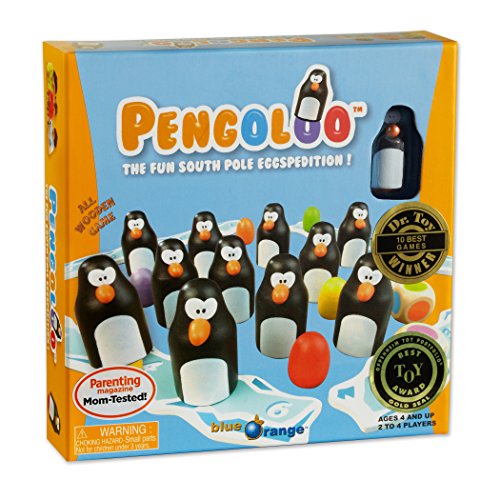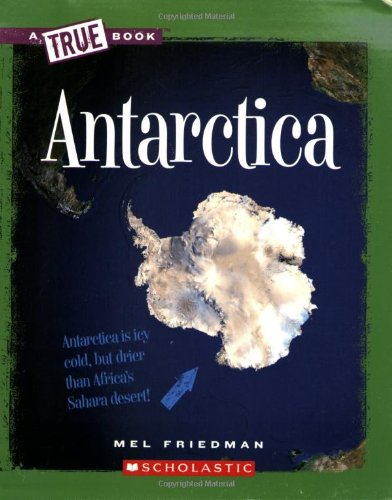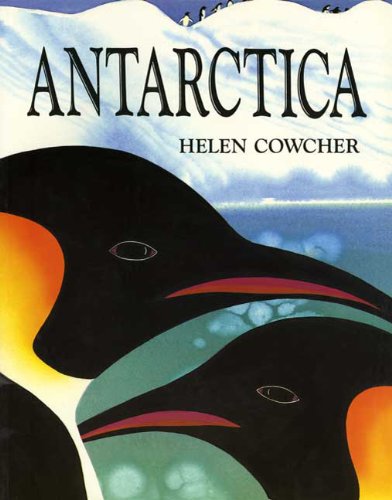Antarctica Unit Resources
In the Antarctica Unit (found here), I mention several resources. Amazon Links to those resources can be found here. Additionally, your library can be a great resource to find many of the books mentioned. (The Toob animals mentioned for the optional activity can be found here.)
Endurance by Alfred Lansing
If you buy only one book for this unit, buy this one. It is a living book compiled from the diaries of the 28 men aboard the ship that Ernest Shackleton captained during his attempt to be the first man to cross Antarctica on land. It is slow going but the details really give a feel for the duration and extent of Shackleton’s crew’s trials as they tried to survive after their ship was trapped and crushed in an ice flow. It gives context and understanding of the continent in ways few other things can. I ended up reading it aloud to my young boys and because of the vivid descriptions or sea leopard attacks they were hooked and listened better than any previous chapter book. It is a heavier read though and not all students will be ready to engage with it so I’ve included relevant quotes in the lessons here in case it isn’t a good fit for your group.
Sophie Scott Goes South By Alison Lester
This book is an illustrated children’s book about a girls journey to Antarctica aboard her father’s ship. I like it because it gives details about what the ship looks like, transportation in Antarctica and how a blizzard slowly changes into whiteout conditions. It is a lot of information to read to younger kids in one sitting, my preschooler loved it the 2nd time through when I broke it into sections. It is used in lesson 21 & 22 to help kids visualize their journey to and through Antarctica.
Polar Bear Son: An Inuit Tale by Lydia Dabcovich
My favorite of the three recommended Inuit Folktale books in lesson 13. It has great illustrations and captures the imagination. It also has a nice page about the Inuit people in the back of the book.
An Inuit Woman adopts a polar bear and raises him until the village hunters get jealous.
Mr. Poppers Penguins By Florence and Richard Atwater
“Mr. Poppers Penguins” by Richard and Florence Atwater is surprisingly educational and a really fun read aloud. We enjoyed the audio version.
<—— Pin this image to save for later :)
Documentaries
Netflix has a docuseries called “Frozen Planet” by BBC with great footage of both poles throughout the year. If older kids or teachers are interested in learning more about research being done in Antarctica you may also want to check out the documentary, “Encounters at the End of the World” also on Netflix. (Be warned that this one is a little bit odd, but, if you can get through it, it has great thought provoking information.) The next link is to a youtube video of a presentation from a palentologist in Idaho who went to Antarctica to do some field research, it is really cool because he describes the process of traveling to Antarctica, what staying there is like, as well as the work he is doing. You can find fossils he discovered at a museum in Seattle.
Games
Check out the board games “ Save the Penguin on Ice” for older kids and “Pengoloo” for younger kids. Finish with ice cream for an Antarctica themed game night. Use a play mat or cloth map of Antarctica to practice geography and play with plastic animals as you learn about them.
More Books
Raven: A Trickster Tale from the Pacific North West by Gerald McDermott
One of my favorite folktales from many Alaska Native cultures. It tells the story of how we got light according to their traditions and is beautifully and traditionally illustrated. This is the 2nd of 3 Books to choose from in lesson #13.
Roald Amundsen Explores the South Pole by Nel Yomtov
A graphic novel depiction of Amundsen’s attempt to reach the South Pole before Robert Falcon Scott in 1911.
Over in the Arctic: Where the Cold Winds Blow by Marianne Berkes
In the same pattern of “Over in the meadow” this book is a great addition if you have little ones in your family school. It talks about animals of the Arctic, their homes, their families as well as reviewing numbers, animal calls, and continents. I love all the books in this series.
Shackleton’s Journey by William Grill
I love the illustrations in this book it is a visual representation of the facts, figures, and characters of Shackleton’s expedition. A great addition if you are reading Endurance allowed or even for an overview of his expedition for upper elementary students.
Who was Ernest Shackleton? by James Buckley Jr.
Another great biography in the “Who Was…?” series. This one like many others was writing with mid to upper elementary in mind and provides all of the essential information about Ernest Shackleton life. I’d recommend reading it after telling the story of Endurance so as to not spoil the ending.
Antarctica (A True Book) by Mel Friedman
This book is one of 7 in a continent series that is written for a lower to mid elementary age reader that covers all the essential geographical information about Antarctica it is a great resource for young research questions.
Antarctica: The Last Continent (National Geographic) by Kim Heacox
I love this book for teacher scholé! It is full of valuable information- a truly detailed research resource with incredible wonder inspiring stories.
Penguins (Usborne Beginners)
This book is perfect for animal reports on penguins and as a primer for early to mid elementary readers. It is also an adorable short read aloud to preschoolers. If you don’t already have an Usborne obsession, You can find a rep here: Lacey Lyn Stock (She is a good friend and a great sales rep.) Otherwise its available on Amazon.
Antarctica by Helen Crowcher
This book poetically describes Antarctica and pulls you in to its quiet and mysterious surroundings. In the end it warns of the the danger of human interference with this delicate ecosystem.
Ice Wreck (A Stepping Stone Book) by Lucille Recht Penner
I actually love this book because it is written on a younger writing level but missing none of the details and excitement of Shackleton’s adventure like so many young chapter books can.
A Promise is a Promise by Robert Munsch
Book 3/3 to choose from for lesson #13. A traditional tale about a little girl who does not heed her grandmother’s warnings to stay off the sea ice and is taken by the “Qallupilluit” sea monsters. This one may be a bit scary for the young ones but that’s the point it was designed to to scare children into staying away from the sea ice when they were not with adults.



















